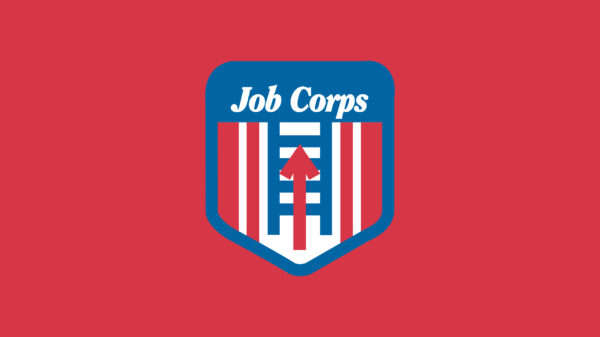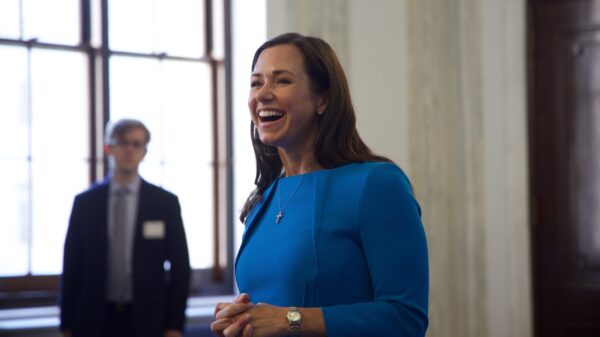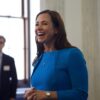By Brandon Moseley
Alabama Political Reporter
Wednesday, November 18, US Representative Gary Palmer (R-Hoover) announced his support for HR1737, the Reforming CFPB Indirect Auto Financing Guidance Act. This bill would revoke the Consumer Financial Protection Bureau’s (CFPB) 2013 auto lending guidance bulletin, which has hampered the availability of indirect auto loans (loans facilitated by car dealers).

Congressman Palmer said in a statement, “The CFPB is an agency with very little accountability, to Congress or even the President. Because of this, it should come as no great surprise that its power is being abused. Congress should take action to stop these kinds of damaging regulations that hurt the consumers.”
HR1737 was sponsored by Representative Frank Guinta (R-New Hampshire). The Reforming CFPB Indirect Auto Financing Guidance Act of 2015 would repeal a CFPB bulletin from 2013 that was designed to pressure lending institutions into eliminating the availability of auto financing discounts.
National Automobile Dealers Association (NADA) President Peter Welch said in a statement, “Consumers have the right to obtain auto financing at discounted rates, and those rights should be protected, not threatened. There is bipartisan support in Congress to require the CFPB to consider how harmful its guidance could be to consumers, and we applaud Reps. Guinta and Perlmutter for their leadership on this issue.”
Eighty-eight Democrats joined 244 Republicans in voting for the bill. All the Republican members, who voted, voted yes and all 96 “no” votes were Democrats.
The bill now goes to the Senate. President Obama opposes the legislation and could veto it if it reaches his desk. The bill restores the ability of dealerships to offer discounts to consumers. The CFPB made that illegal because discounts are “discriminatory.” The Obama Administration said in a statement that it opposes the bill because the CFPB guidance “helps ensure customers are not charged disproportionately higher prices for auto loans because of their race, color, religion or other characteristics that should have no bearing on loan decisions.”
Several banks have been fined millions of dollars by the CFPB for allowing dealerships to have this discretionary authority.
Welch said, “The CFPB is clearly trying to eliminate a consumer’s ability to receive a discount on credit in the showroom. It is reasonable for Congress to ask for minimal due process to protect consumers.”
The dealer compensation method in question is known as dealer reserve. Dealer reserve is the retail margin that is included in the consumer’s cost, or interest rate, on an auto loan to cover the dealership’s cost in arranging it. Lenders typically cap the reserve at 2 or 3 percentage points and pay it to the dealership in a lump sum.
HR1737 would also require the Bureau to follow a transparent process – including providing for a public comment period, consulting with the agencies that share jurisdiction over the indirect auto financing market, and disclosing its testing methodologies – prior to issuing any future guidance related to indirect auto credit.
Rep. Palmer believes that the CFPB lacks accountability and is prone to abuse its authority so has previously co-sponsored a bill to repeal the CFPB entirely. The CFPB was created by the controversial Dodd Frank Act during Obama’s first term, when
Democrats held overwhelming majorities in both Houses of Congress.
Congressman Palmer represents Alabama’s Sixth Congressional District.
(Original reporting by the Automotive News contributed to this report).























































